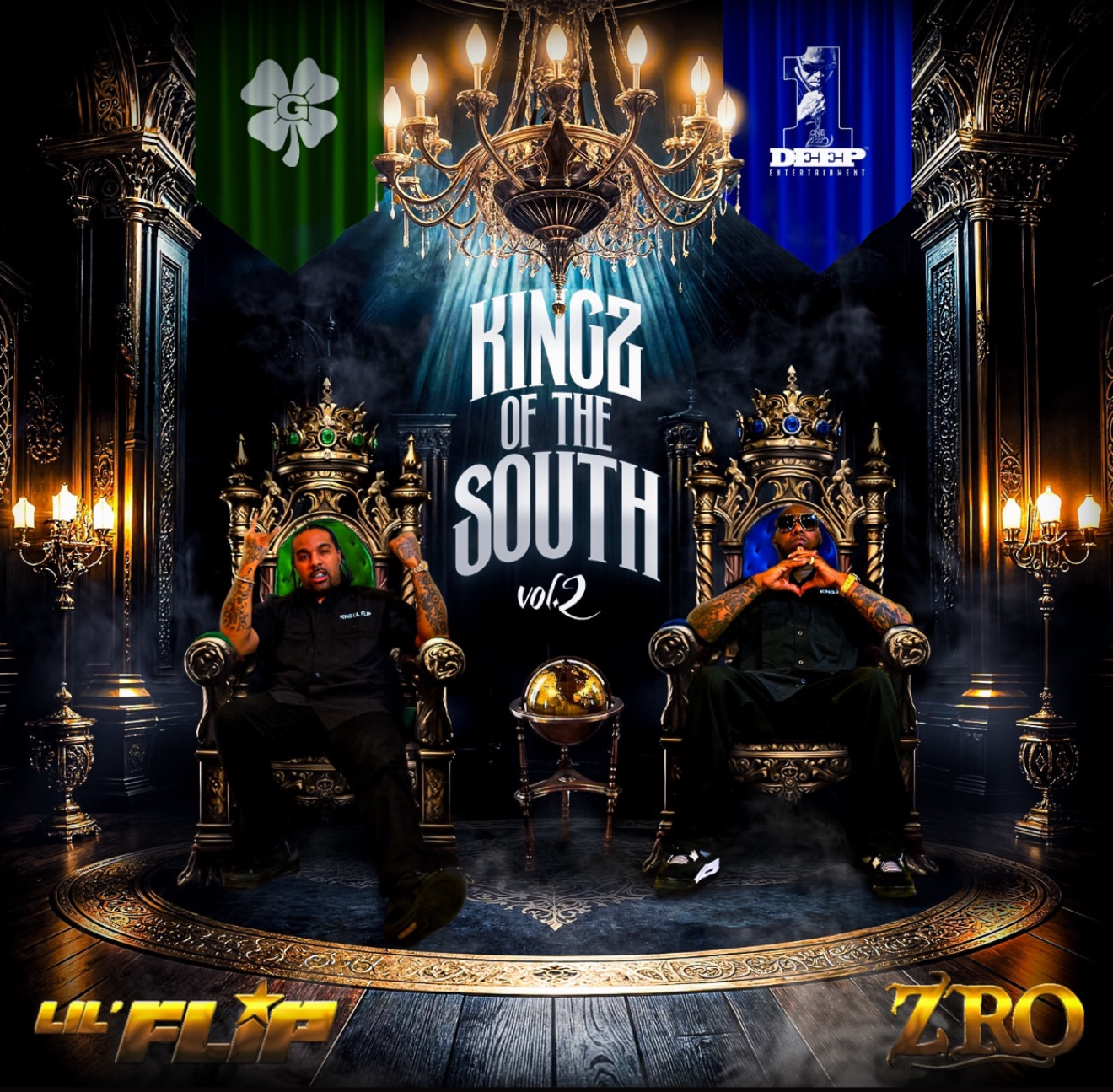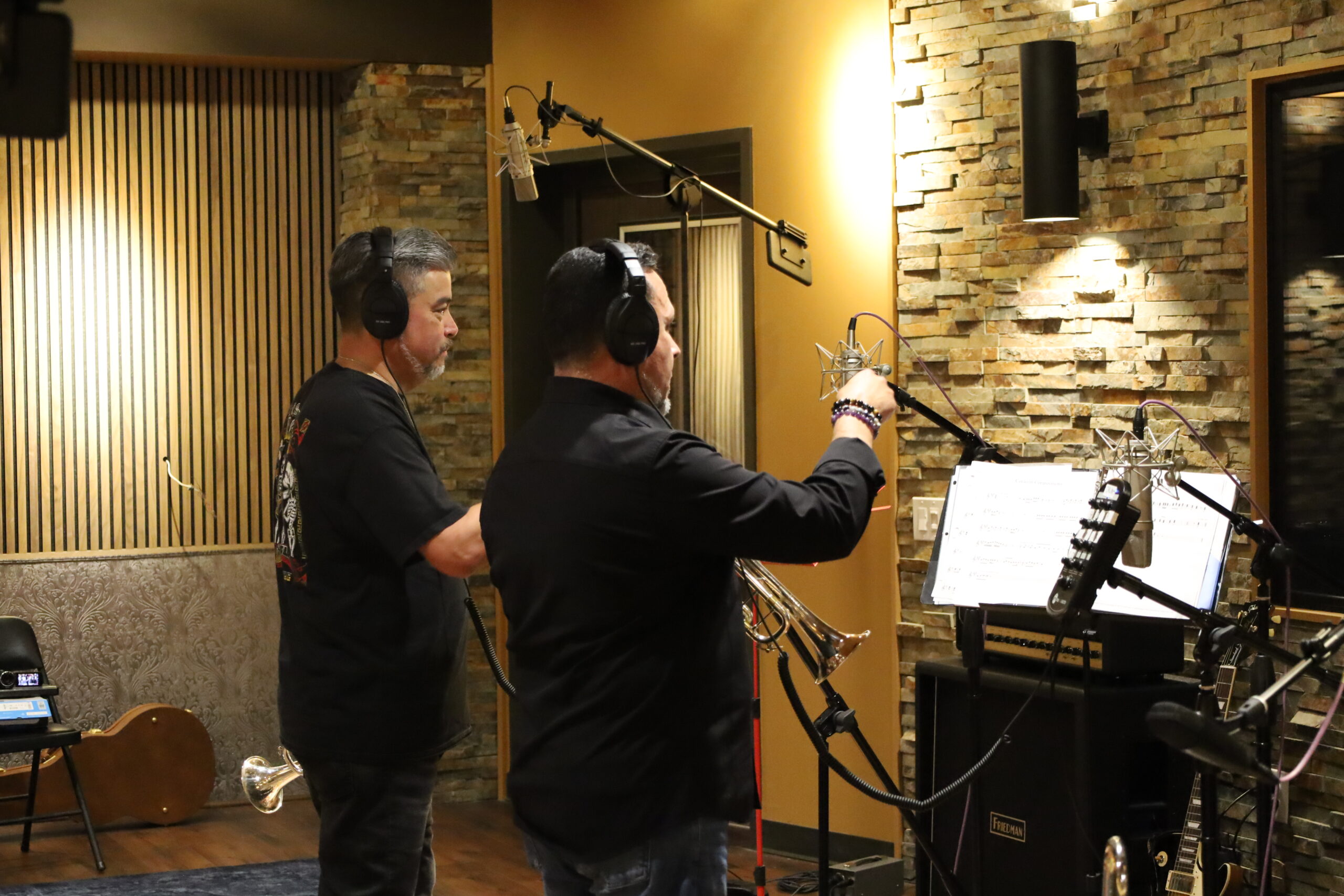The power of music transcends language and culture, uniting people through shared emotions and experiences. Whether it’s the beat of a drum, the strum of a guitar, or the soothing notes of a piano, music has the power to heal, inspire, and unite people from all walks of life. In this blog, we’ll explore the profound impact of music on our lives and why it continues to be an essential part of human expression.
1. The Emotional Power of Music
Music has a unique ability to evoke emotions like no other art form. Whether it’s a song that brings back cherished memories or a melody that lifts your spirits, music has an undeniable influence on our moods. Studies have shown that:
- Music Can Reduce Stress: Listening to calming music lowers cortisol levels and promotes relaxation (https://www.ncbi.nlm.nih.gov/pmc/articles/PMC3734071/).
- It Enhances Memory: Music therapy is used to help individuals with Alzheimer’s recall memories and emotions (https://www.alz.org/help-support/resources/care-training/music-memories).
- It Elevates Mood: Upbeat songs trigger the release of dopamine, a chemical associated with happiness (https://www.sciencedirect.com/science/article/abs/pii/S0306452218300846).
For more on how music influences emotions, check out our article on UpAbove Entertainment’s blog.
2. Music as a Universal Connector
Music bridges cultural and generational gaps, bringing people together in a shared experience. Examples include:
- Concerts & Festivals: Live music events create a sense of unity and collective joy. Find upcoming events on UpAbove Entertainment.
- Cultural Identity: Traditional music preserves heritage and tells the stories of communities.
- Collaborations Across Borders: Artists from different backgrounds collaborate to create groundbreaking music that resonates globally (https://www.grammy.com/news/international-music-collaborations).
3. The Healing Power of Music
Music therapy has been proven to help individuals cope with mental and physical health issues. Some benefits include:
- Reducing Anxiety and Depression: Listening to soothing music can help alleviate symptoms of anxiety and depression.
- Boosting Productivity: Certain types of music enhance focus and creativity, making it a valuable tool for work and study.
- Aiding Physical Recovery: Hospitals use music therapy to help patients heal and manage pain (https://www.apa.org/monitor/2020/06/music-therapy).
Discover more about how we incorporate music therapy in our sessions at UpAbove Entertainment.
4. The Evolution of Music in the Digital Age
The way we experience music has drastically changed with technology. Some key trends include:
- Streaming Services: Platforms like Spotify and Apple Music have revolutionized how we access and discover music.
- Social Media & Music: TikTok, Instagram, and YouTube play a significant role in promoting new artists and trends.
- AI & Music Creation: Artificial intelligence is being used to compose music and enhance production techniques (https://www.rollingstone.com/pro/features/ai-music-technology-innovation-1234567890/).
5. How to Incorporate More Music Into Your Life
Want to harness the power of music? Here are some tips:
- Create Personalized Playlists: Tailor your music to suit different moods and activities.
- Attend Live Music Events: Experience the magic of music in person by going to concerts or local gigs (Find local events).
- Learn an Instrument: Playing an instrument not only enhances cognitive abilities but also brings immense joy and fulfillment (https://www.psychologytoday.com/us/blog/your-musical-self/202003/the-benefits-playing-musical-instrument).
Conclusion
Music is more than just sound—it’s a force that shapes our emotions, connects us with others, and enhances our well-being. Whether you’re a casual listener or a passionate musician, the power of music is undeniable. So turn up the volume, let the rhythm move you, and embrace the magic of music in your daily life!
Music is also a powerful tool for relaxation and meditation. Many people turn to music to help reduce anxiety, promote mindfulness, and create a sense of calm. Whether it’s classical compositions, ambient sounds, or guided meditation tracks, music helps in stress relief and encourages mental clarity. This makes it an essential component of holistic wellness practices across different cultures.
Furthermore, the influence of music extends into the business world. Companies use music strategically in marketing, branding, and customer experiences to evoke emotions and reinforce their brand identity. From catchy jingles to carefully curated store playlists, businesses recognize that music can shape consumer behavior and create lasting impressions (https://hbr.org/2019/05/how-music-affects-your-customers-experience).
Lastly, music strengthens human connections on a deep level. Whether through communal singing, group performances, or even virtual collaborations, music brings people together across distances. It fosters a sense of unity and shared experience, reinforcing the idea that music is not just an art form but a universal means of communication and belonging.




